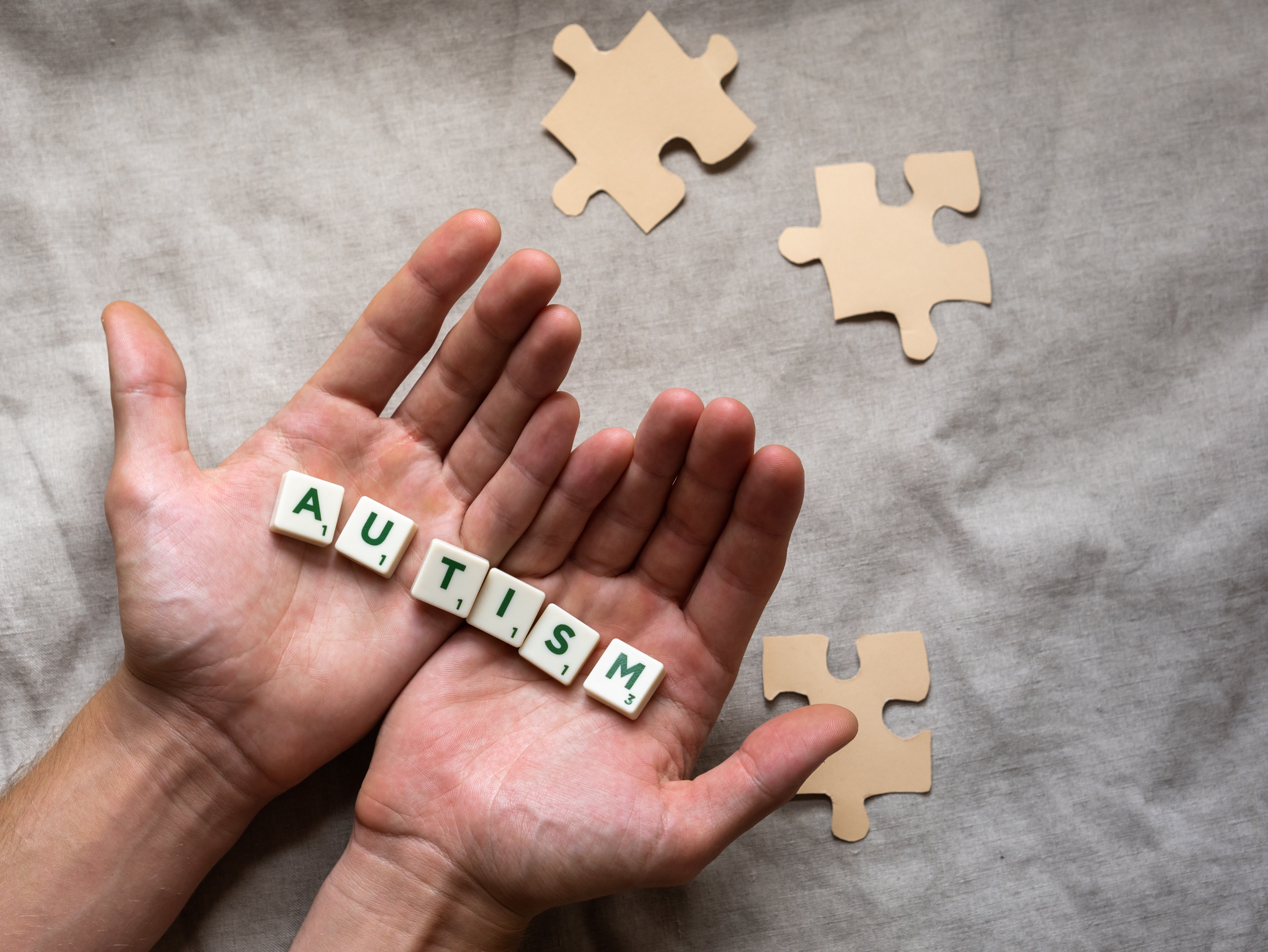Does Screen Time Cause Autism? We Asked A Psychologist To Bust 5 Common Myths About ASD
Let's find out what's true — and what's not — about Autism Spectrum Disorder (ASD).
The number of people getting diagnosed with Autism Spectrum Disorder (ASD) in Malaysia has risen steadily over the past decade
According to the National Autism Society of Malaysia, it is one of the most diagnosed developmental disabilities among young children, with autism estimated to occur in as many as 1 in 68 newborns.
Yet, it still remains one of the most confusing disorders to get to know, with people on the spectrum displaying vastly different signs and symptoms.
In conjunction with Autism Awareness Month, we spoke to Tan Cheng Yi, who is an advisor at Autism Initiatives Malaysia (AIM), and a chartered educational psychologist who specialises in learning, mental health, and behaviours of children and young people, to get to know the disorder better.
Myth 1: Autism is caused by vaccines
According to Tan, this has to be the biggest myth surrounding autism.
"Vaccinations do not cause autism. The doctor that published the research has since been struck off the medical register for falsifying facts," she said.
She added that although the myth has already been well-refuted, the damaging rumour persists probably due to the fear that it evokes, and that autism is often diagnosed around the same age that children often receive the majority of their vaccines.
However, she would like to remind everyone, "Even though it happens around the same time, it doesn't mean it is causal."
Myth 2: Watching too much TV causes autism
"Watching too much TV, or YouTube, or any screen does not cause autism," said Tan, who explained that even though the causes for autism may not be entirely known, autism is a neurodevelopmental disorder with multiple and complex contributors.
The psychologist said, however, that children with autism do have a higher tendency of being attracted and addicted to screens.
"This is because TV shows are predictable. It is very calming and comforting for autistic children to like watching TV because they can expect a certain series of events to happen, especially if they have watched a show repeatedly.
"They know what to expect, as opposed to reality, where they cannot predict other people's behaviour or the ambiguity of social situations. There's a higher chance for these children to love watching TV. But it isn't the cause for autism," she explained.
She cautioned, though, that watching too much TV may exacerbate a child's autistic traits, as some children who are already used to shutting themselves in may choose to be more isolated rather than interact with the world.
Myth 3: Autism is a curable childhood condition
"Autism is lifelong. Children with autism don't get 'healed', but they can overcome many traits and symptoms with the right support and interventions," answered Tan.
She reiterated that ASD is a developmental disorder, not just a childhood condition. This means that as a child grows up, they will exhibit different traits and abilities, and also, go through different challenges, needing different types of support at every stage of life.
For example, at the age of two, the child may have difficulty developing speech and language skills. Then at five or six years old, when they go to school, they may struggle with writing, literacy, and mathematics.
"On the positive side, and with the right help, for some children, they get better at controlling their behaviours and sensory sensitivities, and learn to adapt to the world. Many also learn to mask a lot of their behaviours because they learn what is socially acceptable.
"So, as they grow older, they may show that they are less affected by autism," she said.
Myth 4: Autistic individuals are geniuses
"I have encountered some really, really intelligent autistic individuals who really blow me away with their brainpower, wit, and ability to do things that I myself would never dream of doing, such as in the field or art, music, mathematics, science, language, and even sports," Tan began.
She said some autistic people may possess savant traits, a rare situation where someone with mental disabilities demonstrates certain abilities that are far better than average.
"But the truth is, the autism spectrum is really wide, and can go from severe intellectually disabled up to those who are gifted, and most people would fall in the middle of the spectrum, so we can't say all autistic individuals are geniuses," she explained.
Myth 5: Autistic people are antisocial
"People with ASD may have difficulties in communicating and interacting with others, but that does not mean they are antisocial," said Tan.
"Autism occurs on a spectrum of ability, so there are those who are highly sociable and there are also those who prefer to be left alone. And, there are also those who may have severe communication difficulties that make it challenging for them to be sociable."
Besides being patient with them, the public should also remember that individuals with autism need to be given time to adapt to social situations.
Tan explained, "Social interaction is a two-way process. Adjustment is needed from both sides to make the interaction work. Each party has to adjust to enable the other to connect.
"The person with autism has a higher change of being socially anxious, and avoid contact. However, be patient. Accept them in your social circle, but don't force them into talking when they are not ready."





